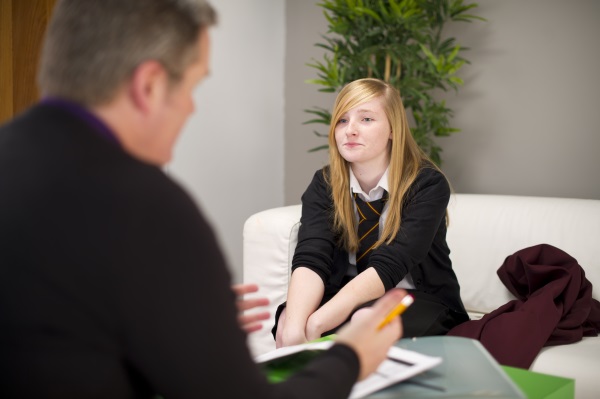Early, pro-active interventions remain an undercapitalized way of supporting pupils with mental health difficulties. While we wait for the funding to trickle through, we still need to be pro-active.

A DfE study has found that one in ten children and young people aged 5 to 16 has a clinically diagnosed mental health disorder and around one in seven has less severe problems.
According to the March 2016 DFE advice, ‘schools are expected to provide interventions for pupils with mental health problems that use a graduated approach to inform a clear cycle of support, which includes:
All schools have limited funding and while we wait for the much-promised provision for mental health to trickle down into school budgets, the key is to access and tap into ‘free’ intervention programs using locally-sourced adult mentors and counsellors. These may come courtesy of charities who have already obtained funding from lottery, county or CAMHS/NHS funding and it is about tapping into these programs for your school.
While we wait for funding, we need to be proactive. Surely all staff will realise the value of this, and from past observation most do.
You can imagine my disappointment when I was informed that senior managers in some schools were not allowing intervention programs in any academic subjects except PSHE. This is quite a farcical response as most schools only have PSHE once a week and that is often the one lesson that would serve pupils’ needs the best.
A pupil’s mental wellbeing is just as important as academic achievements
For the sake of expediency, I shall be blunt. Intervention programs are not:
Instead, they serve to support a pupil’s progress through their academic journey. They are a specific and important part of their EHP; well researched and tailored to individual needs.
Being pre-emptive and proactive will certainly prevent later problems from arising.
Educating a young person is not just a measure of progress or attendance, much less is it solely about their core academic subjects.
If the young person is physically or mentally unwell and they need additional support, staying in class and becoming progressively more ill will not help their academic progress.
Being pre-emptive and proactive will certainly prevent later problems from arising
We need to have faith in the power of early intervention programs. If specific to the pupil’s needs, time bonded, closely tracked and data driven to measure impact, these intervention programs can give the young person the confidence and growth mindset to carry on.
My pledge for 2017 is to help remove the stigma surrounding pre-emptive and proactive mental health interventions.
Hopefully this will encourage schools to change the language of learning, and ensure mental health is recognised as important as achieving good grades.